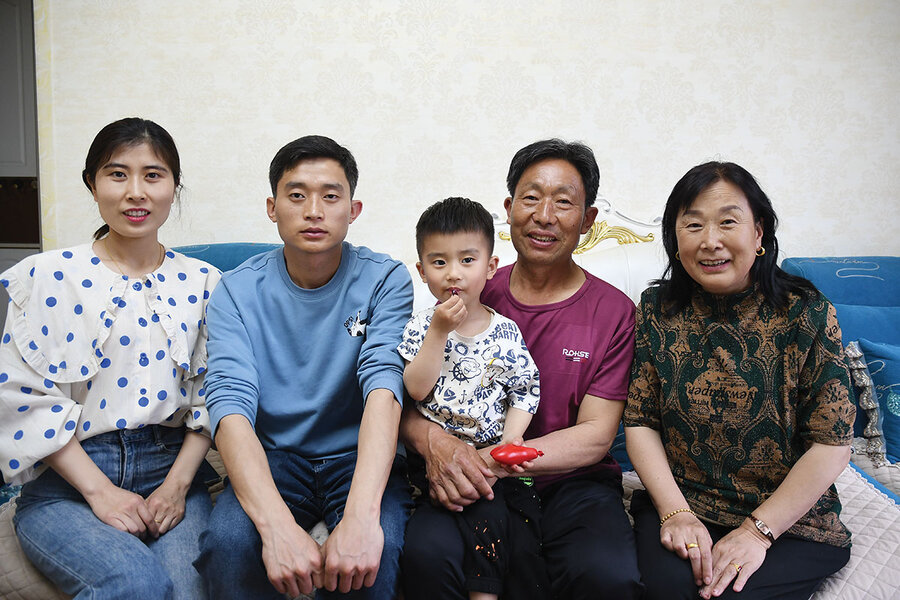‘Education is inseparable from caring’
When weaving together the cover article for the Oct. 16 print issue, Ann Scott Tyson wrestled with telling several stories in one. “It’s such an unusual story on so many levels,” she says.
In the simplest terms, it is a story about education in rural China. The last time Ann visited the remote village of Yangjiagou 30 years ago, she found children studying at a cave school amid hunger and poverty. For residents of urban China, the past three decades have profoundly changed life. Has rural China kept up?
But this is also a story about understanding. The Monitor’s Asia editor, Lindsey McGinnis, saw an opportunity to explore a place the world doesn’t often hear about. Travel outside China’s big cities was severely hampered for foreign journalists during the pandemic. Now that China has lifted those restrictions, rural areas offer a chance to gain a fuller picture of a country often viewed through the lens of geopolitical competition with the United States.
“In this climate, it becomes all too easy for Americans to see Chinese people as an abstract ‘other,’ and to forget that our stories are deeply intertwined,” Lindsey says. The story reminds readers of the rich and meaningful cooperation between ordinary Chinese and Americans in recent decades, and how a few motivated individuals can make a difference. “By pulling on an old thread,” Lindsey says, “Ann unraveled a story not just about the state of education in rural China, but about generosity, forgiveness, grief, and, above all else, hope.”
It was a journey of understanding for Ann, too – understanding in broad terms how life in rural China had and had not changed. She came away with a clear sense that living conditions have improved. “We need to remember how bad things were,” she says. “People not having enough to eat, or enough clothes to keep them warm. Those problems have fundamentally been solved.” Still, the pace of development in the countryside has lagged significantly behind that of cities.
Education is one of the primary levers for change in rural areas. China’s widespread consolidation of village primary schools since 2000 has brought mixed results. Bigger schools in towns are better resourced, but the drawback is they are farther away and require many primary students to live at school – which limits attendance, especially for girls.
Village families seeking the best education for their children must shoulder significant costs and sacrifices. One of the main characters in Ann’s story, known as Teacher Bai, embodies this commitment to children and the community. In that way, “it struck me to what degree teaching is a form of love,” Ann says. Her story relates the life trajectories of a handful of people – most of them strangers – who came together around a passion for learning. Their stories convey, Ann says, how “education is inseparable from caring – caring for someone’s potential.”









